Main results of NET RISK WORK PROJECT are as follow;
- Four Reports on wildfires, storms, avalanches and flood hazards risk assessment. They will include the outcomes from the lessons learnt exchange among natural hazards risk reduction strategies, assessing what has been learnt and what could be learnt from other risks planning and management experiences. Reports will offer for risk managers and policy makers the outcomes of the capitalisation process in terms of best practices and knowledge identification and a gap analysis under the Sendai Framework for Disaster Risk Reduction principles.
- A Crosslink natural hazards risks assessment report with the interactions identified in the changing climate context affecting Europe, delivering operational guidelines and tools for conducting a multi-risk management towards disaster risk reduction. These reports will add an extra value drawing crosslinks from and to different risks agents, not often treated until now, which will suppose an innovative component in the traditional risk assessment field.
- The development of local/regional modular knowledge repository and exchange platforms for wildfires, storms and avalanches, including a pilot site development for floods, supported by a pan-European secretariat coordination, and delivering a Report with experience on facilitating cooperation that will serve to facilitate the implementation of future local/regional forest risk networks.
- The creation of a multilevel risk platform with a database of experts, best practices and operational tools. As the previous results, this is aligned with the priorities established by the Union Civil Protection Mechanism, with special attention to the regional risk knowledge platform and data base, which complements and extend the Disaster Risk Management Knowledge Centre, in terms of knowledge base and science-policy interface on forest risks.
- On line and print edition of a Book of operational guidelines for improving forest risk management and disaster reduction in a climate change context summarizing the project outcomes. This multi-hazard approach will serve specially for land and risk managers and emergency and civil protection services, which, commonly on regional basis level, have to deal with all risks and hazards. In order to facilitate the mainstreaming of project results the book will be translated to local languages.
- All Project communication outcomes, including the proceedings and presentations of the exchange knowledge workshops, making available the detailed descriptions and conclusions of the learning and experience sharing meeting to all as the potential Community of Users in Disaster Risk and Crisis Management.
